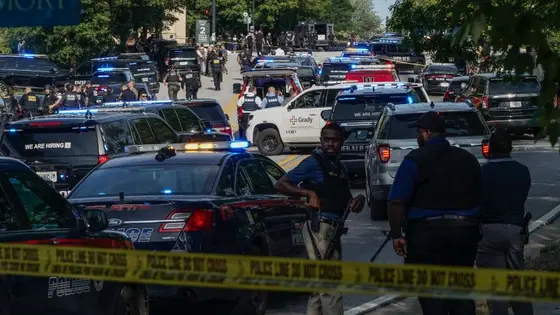T4K3.news
Kennedy health plan faces strong criticism
A critical piece questions Kennedy's approach to public health, vaccine research, and policy guidance, warning of trust and preparedness risks.
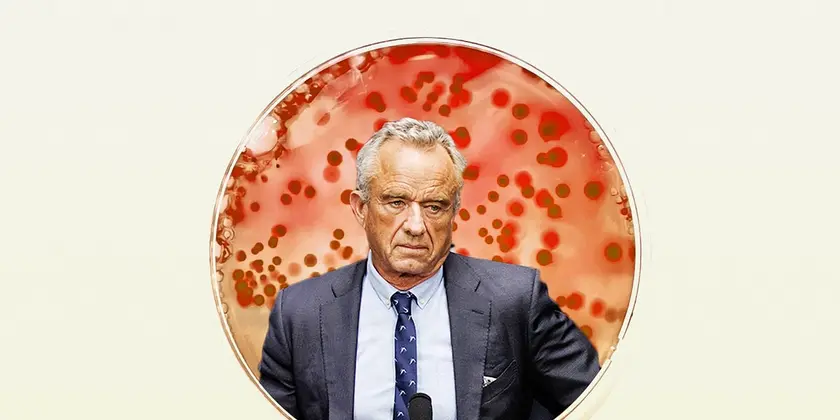
A pointed critique argues that Kennedy’s approach to public health could undermine essential work and public trust.
RFK Jr. Can’t Fix America’s Health-And He Isn’t Even Trying
When Robert F. Kennedy Jr. was named secretary of health and human services, some voters hoped for a bold shift in how public health is run. Calley Means argued that the public health–expert class has produced a collapse in how we manage health, with spending swelling while outcomes lag. The piece notes that Kennedy’s stance feeds into broader conspiracy-minded currents in American politics and warns that such views could derail evidence-based health policy.
The article then contends that most chronic conditions in the United States stem from behavior and environment rather than government action alone. It critiques Kennedy for actions that reduce traditional public health functions, such as disbanding advisory committees, canceling funding for mRNA vaccine research, and reshaping vaccine guidance. It argues that while personal choices matter, government remains essential in prevention, vaccine guidance, and research, and that his approach risks leaving the country less prepared for future health threats.
Key Takeaways
"The public health expert class has given us a public health collapse."
Quoted from Calley Means criticizing current public health leadership
"The only way to grapple with these conditions is to change our behavior."
Statement about epidemiology and personal responsibility
"Kennedy’s crusade will not overcome our chronic disease problem."
Direct assertion about Kennedy’s policy impact
"Trust in government professionalism will be shattered."
Editorial warning about public trust
The piece highlights a clash between personal responsibility and government intervention in health care. It suggests that political branding around health can overshadow complex science and undermine trust in experts. The risk is that policy becomes a battleground for ideology, not a scaffold for evidence and public safety.
It also points to a broader trend: when health questions become politically charged, public health tools can be weakened just when they are most needed. The warning is clear — public confidence in health institutions may erode if policy is driven more by rhetoric than data.
Highlights
- The public health expert class has given us a public health collapse.
- The only way to grapple with these conditions is to change our behavior.
- Kennedy’s crusade will not overcome our chronic disease problem.
- Trust in government professionalism will be shattered.
Political controversy and public health policy risk
The piece engages with political figures and public health strategy, raising concerns about credibility, vaccines, and government roles. It signals potential backlash and shifts in public reaction that could affect policy implementation.
The health policy path ahead will test whether science can lead politics or if the opposite dominates.
Enjoyed this? Let your friends know!
Related News
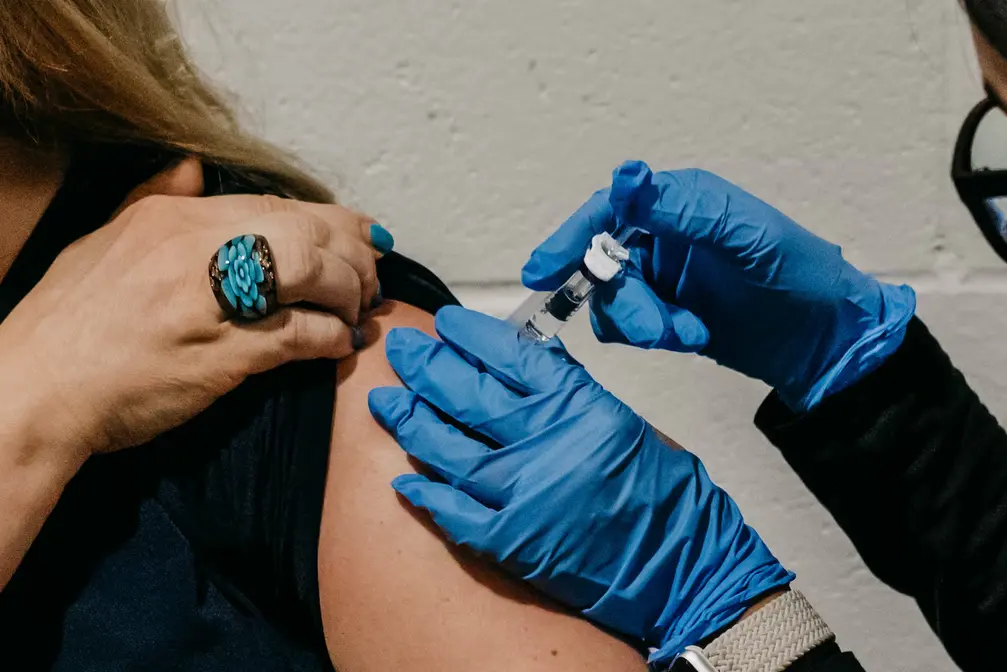
Massachusetts weighs independent vaccine policy amid Kennedy reforms
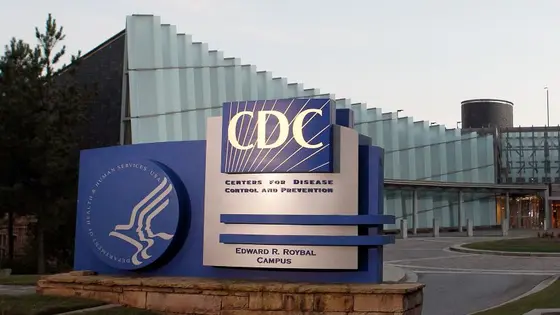
CDC funding faces new test
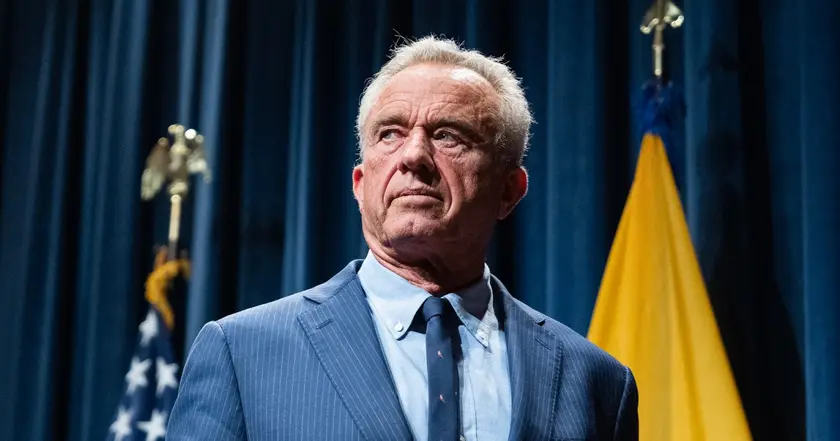
Kennedy considers firing preventive services task force members
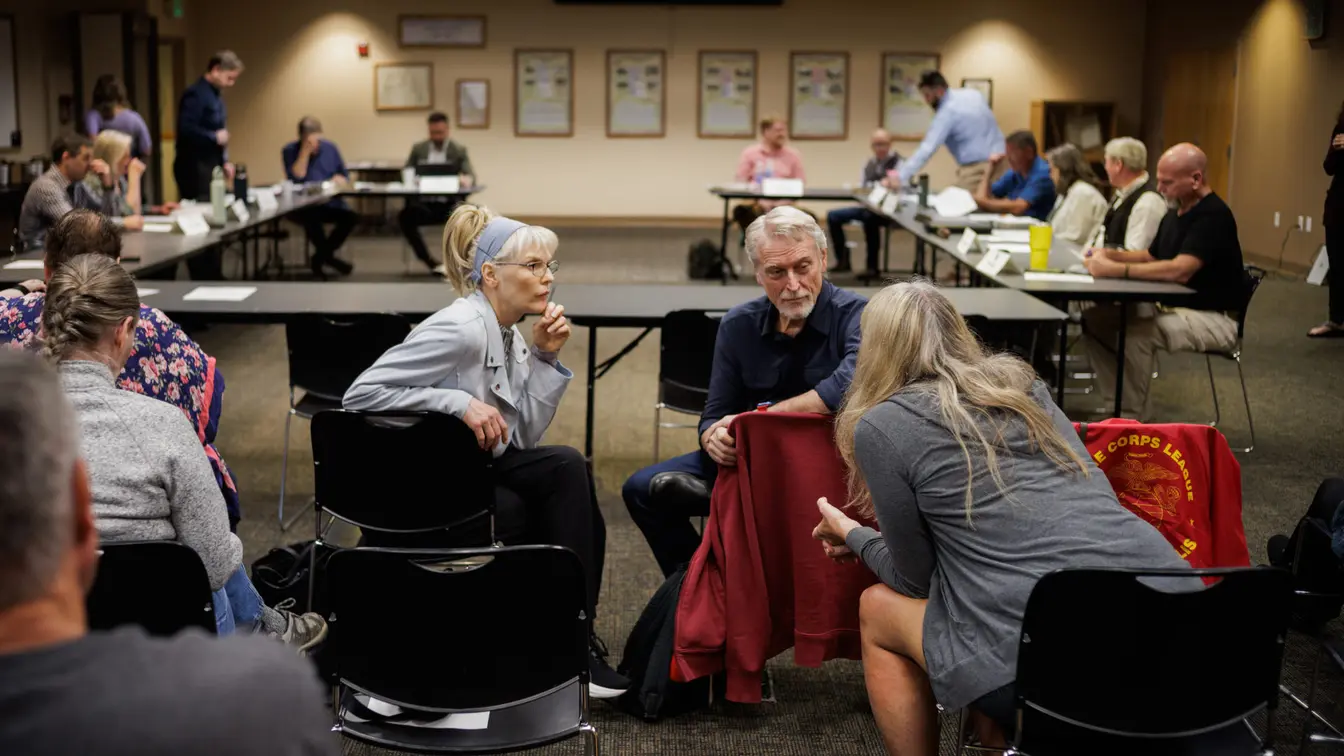
Idaho Implements New Vaccine Policies Amid Trust Crisis
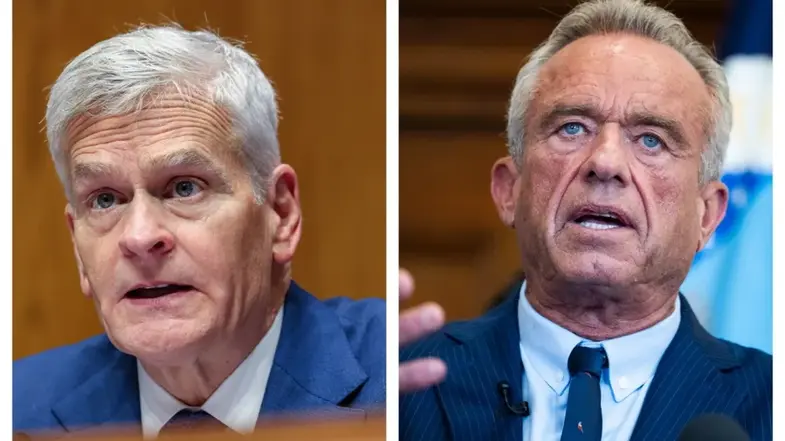
Sen. Cassidy Critiques RFK Jr.'s Vaccine Policies
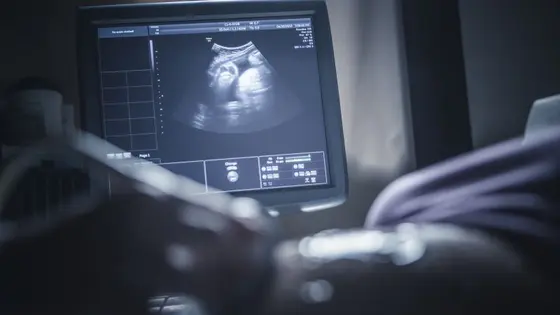
ACOG backs Covid-19 vaccination during pregnancy amid policy clash
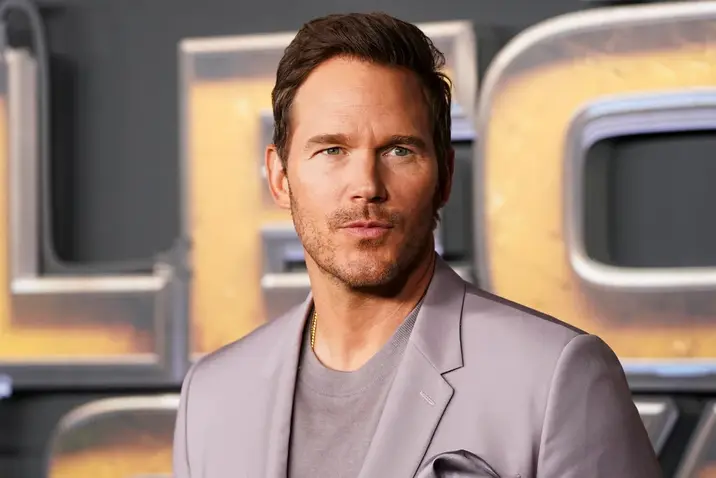
Pratt backs RFK Jr amid fan backlash
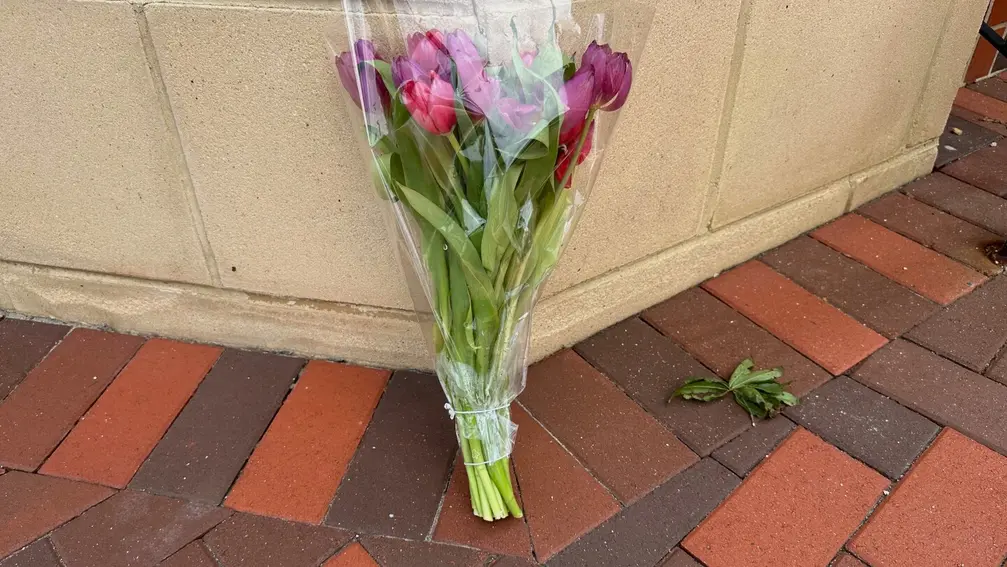
CDC shooting prompts union call for clear stand against misinformation
